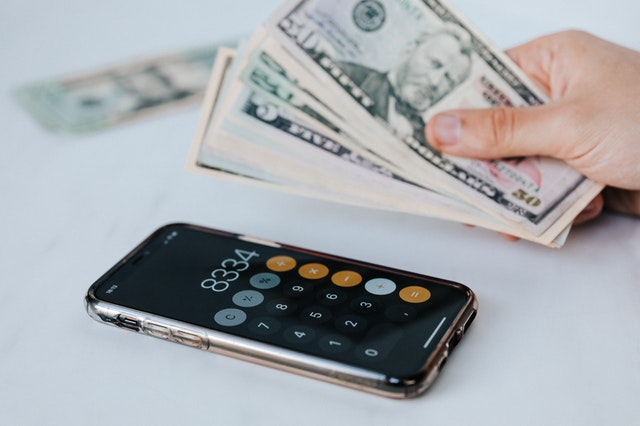To answer this question, it helps to understand something about loans that are secured with collateral and how a creditor uses that to collect debts when the borrower defaults on the loan.
What is a secured loan?
Oftentimes, a lender will require a pledge of collateral before giving a loan to a borrower. We call this a secured loan. A secured loan is actually two agreements: one agreement is a promise to repay the amount borrowed (usually plus interest). The second agreement gives the lender the right to take possession of and liquidate the collateral. Secured loans include familiar products like home mortgages and car loans.
Unfortunately, when the collateral is sold, it often doesn’t generate enough proceeds to pay off the remaining balance on the loan. When the sale comes up short, the money that remains outstanding is called a deficiency balance.
Recourse vs. non-recourse
What more can the lender do to collect that deficiency balance? It depends on whether the loan is recourse or non-recourse.
Most loans are recourse, meaning that even after selling the collateral, the lender can try to collect from the borrower. That could mean that the lender makes phone calls or sends demand letters. It could also mean that the lender files a lawsuit for the balance. If the borrower doesn’t defend the lawsuit or the lender wins the case, the court will award a judgment to the lender. The lender can use the judgment to force the borrower to provide information about the borrower’s other assets, and the lender can use that information to place a lien against the browser’s real estate, garnish wages, seize bank accounts, or even sell the borrower’s other assets.
If being a recourse loan allows the lender all those ways to collect the debt after it repossesses the collateral, a non-recourse loan does not. A non-recourse loan allows the lender to repossess and liquidate the collateral, but that’s it. The borrower has no personal liability on the loan.
Can a non-recourse loan become recourse?
And, now, to the question presented. Can a non-recourse loan become a recourse loan, but only under very rare and particular circumstances.
Some non-recourse loans are actually more like hybrids. They contain carve-outs that could make other parties liable on the loan if they engage in “bad acts” that cause the lender to lose money. At least one court has ruled that a non-recourse loan can become a recourse loan even without carve-outs if the borrower makes certain misrepresentations in the loan documents.
Banks can also collect from individuals who give a personal guarantee on a non-recourse loan. Many banks require that major players associated with larger loans, like those for real estate development, give their personal guarantees. Those are typically non-recourse loans, but the bank will enforce the guarantees if the loan defaults and the collateral is not enough to cover the balance.
Lawsuit loans are non-recourse and stay that way
Litigation funding, or pre-settlement funding, transactions are often called lawsuit loans. They do not involve collateral. Instead, the plaintiff receives cash advances that are repaid out of the plaintiff’s settlement or judgment monies.
The type of lawsuit loan offered by Tribeca Capital is non-recourse. If a plaintiff in the personal injury case loses the case or otherwise does not receive a financial recovery, the plaintiff is not required to repay the advances received from Tribeca.
In fact, Tribeca’s lawsuit loan is not really a loan at all. Many plaintiffs suffer financially while waiting for their cases to be resolved. When that happens, the plaintiff is more likely to settle early and for less money, before the case has been fully fleshed out. Tribeca is investing in the lawsuit with the expectation that by doing so, its cash advances will help the plaintiff achieve maximum recovery. But, if the plaintiff is not entitled to a recovery, Tribeca is not paid, either. There is no mechanism to seek payment from the plaintiff otherwise. Hence, the Tribeca lawsuit loan is non-recourse and can never be converted into a recourse transaction.
If you are a plaintiff in a personal injury case, and you need cash to pay bills, get medical treatment, or make a purchase, consider contacting Tribeca Capital. You can apply easily on the website or call 888-921-8369 and speak with our professional staff about how litigation funding can help you weather the storm.

